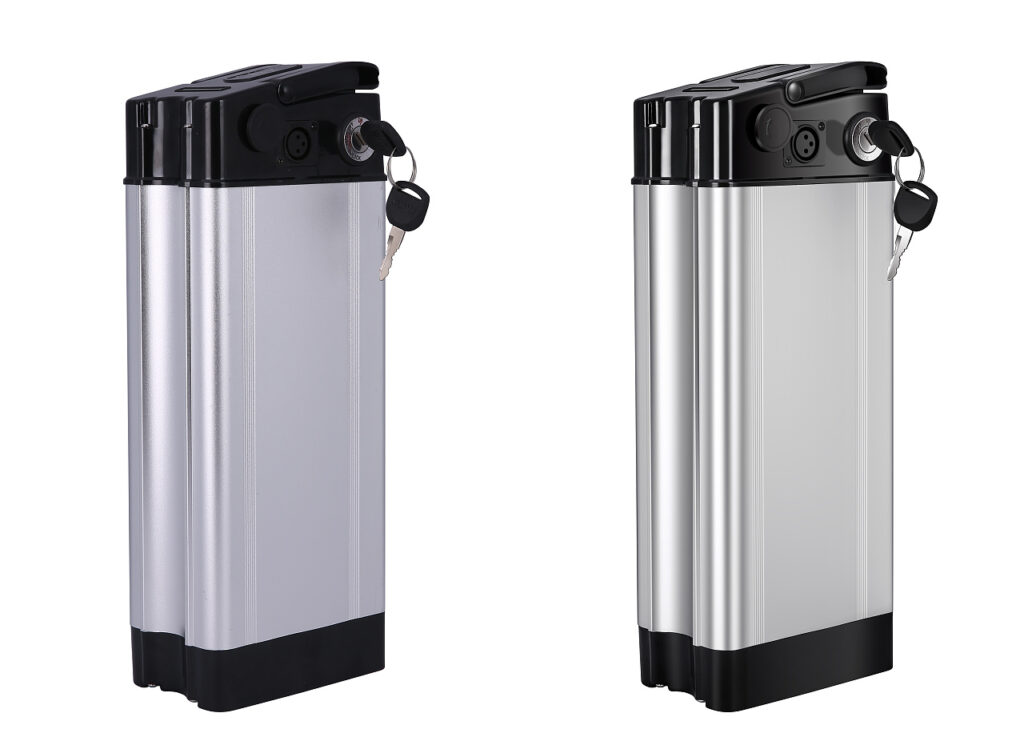There are lead-acid batteries and lithium-ion batteries for electric vehicles. Compared with lead-acid battery, we know little about lithium-ion batteries. Below we briefly introduce the ten advantages of lithium-ion battery.
- Long cycle life: lithium-ion battery is charged and discharged at 1C ratio, and its cycle life is greater than 500 times. The capacity is greater than 70% of the nominal capacity after 500 times. Even if the lead-acid battery is discharged at 0.5 and charged at 0.15C, its cycle life is less than 350 times and its capacity is less than 60%.
- Low temperature discharge performance is good: lithium-ion batteries can work generally at -25℃, their capacity can reach 70% of the capacity, and lead-acid batteries at -10℃ when the capacity of 50%, can not work normally at -25℃.
- Strong charge retention ability: the capacity of a fully charged lithium-ion battery pack is greater than 80% after two months, while that of a lead-acid battery is only 40%-50% of its nominal capacity after two months.
- Strong endurance, because the weight of the lithium-ion battery pack is only 30% of the lead-acid battery, so under the same voltage, capacity, the lithium-ion battery has strong endurance.
- High specific energy: Since the volume of a lithium-ion battery is only 30% of that of lead-acid battery, the energy reserve of a lithium-ion battery is larger than that of lead-acid battery when using the same space.
- Wide operating temperature range: Li-ion batteries can work in the range of -25℃ to 55℃, while lead-acid batteries can only work in the range of 10℃ to 40℃.
- Short charging time: Due to the characteristics of a lithium-ion battery can be charged with large current, so the charging time is only 4-5 hours, and lead-acid battery needs 8 to 10 hours.
- Environmental protection: Compared with lead-acid batteries, which have a large number of heavy metals harmful to the human body and environment, lithium-ion batteries are highly environmentally friendly products.
- Can be large current discharge: Lithium-ion battery at 1C rate of large current discharge, its capacity is only 60% of the rated capacity.
- The large current discharge does not affect the cycle life: Lithium-ion battery at 1.5C rate of large current discharge, has no effect on its cycle life. Lead-acid batteries discharge at 1.5C. Its cycle life is only 30%-40% of the nominal cycle life.

